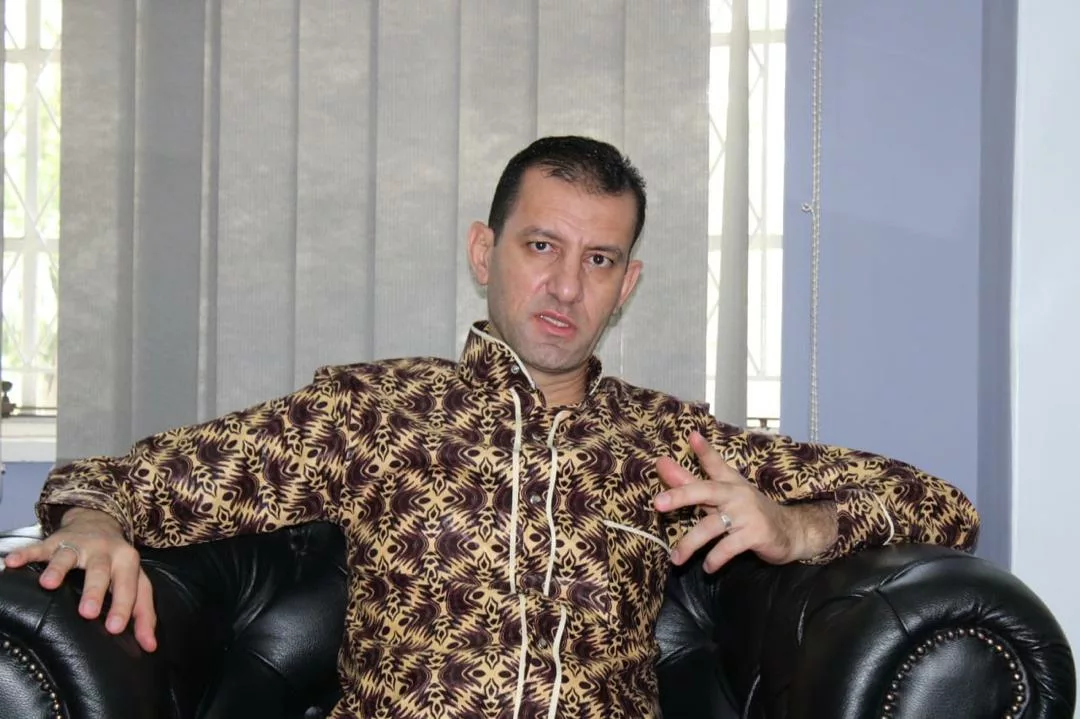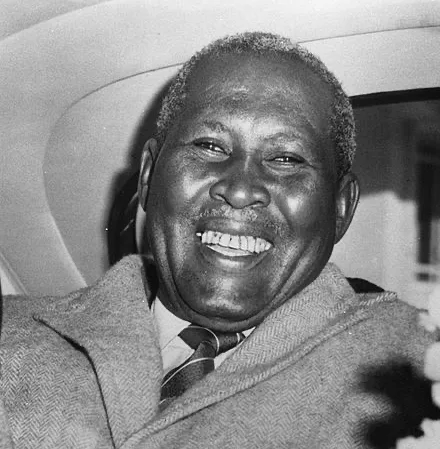|
Getting your Trinity Audio player ready...
|
Hon. Enaam Mayara, the President of the House of Councillors from the Kingdom of Morocco has said the Second Pan-African Parliament (PAP) ordinary session’ of its sixth Parliament is taking place in a special global context, mainly characterized by the continuing negative consequences of international geopolitical crises and the accelerating regional developments and events that increase the magnitude of common continental challenges, especially in terms of peace, security, and development.
President Mayara made the remarks during the official opening of the Second Pan-African Parliament (PAP) ordinary session’ of its sixth Parliament today at the legislative body’s precincts in Midrand, Johannesburg.
“We are all called upon, based on our main role as representatives of the people in our countries, to build a continental parliamentary agenda capable of facing all challenges and accelerating the emergence of a continental model to ensure common development and achieve the aspirations of our nations for well-being, progress, and prosperity.
“I also commended the organization of the current parliament session by the African Parliament under the title of “Accelerating the Implementation of the African Continental Free Trade Area (AfCFTA)”, which comes in perfect harmony with the theme of the African Union for the year 2023, and this will make our current session a “working session” and a main station for contributing to the success of the great continental economic process that aims to establish the largest free trade area in the world, with a continental market made up of about 1.3 billion people and a combined domestic product of about 3.4 trillion dollars,” he said.
Hon Mayara said AfCFTA will enable the acceleration of the dynamics of common development; allow the creation of continental added value, and build a strong and competitive African economic system which is the main entrance towards new horizons, practices, and mechanisms in the field of solidarity.
“And I would like to recall what His Majesty King Mohammed VI, may Almighty God assist him, said during the exceptional summit of the African Union in Kigali on the continental free trade area : “The establishment of a free trade zone at the continental level would contribute to mobilizing energies, developing expertise and stimulating creative thinking, and responding in particular to the real ambition of our youth to build a strong and integrated African continent.” End of the high royal speech.
“The processes of the implementation of the “African Continental Free Trade Area” are at the heart of the Kingdom of Morocco’s interests, given their importance in changing the continental development model, to become more productive and create opportunities for all. This important continental project will also enable the creation of a large number of job opportunities for the benefit of young people and save 30 million Africans out of extreme poverty and improve the income of 68 million people while increasing continental wealth by 450 billion dollars,” he said.
He said Morocco has worked to contribute to building a continental model of “common development” through a set of integrating projects and programs in a large number of countries of the continent, concerned with the development of infrastructure, university education, and vocational training, enhancing food and energy sovereignty, health security, valorizing internal resources, and strengthening industrial systems.
The legislator revealed that the Kingdom of Morocco is also working to exchange experiences and best practices related to economic and development programs, alongside the strengthening of the financial and banking systems of a large number of the continent countries. This enabled the increase in the total value of Morocco’s bilateral trade with African countries by 9.5 percent as an annual average, in parallel with the strengthening of Moroccan investments in Africa, which consist mainly of direct investments in sub-Saharan Africa, which made the kingdom of Morocco the first African investor in the African continent.
“In line with the spirit of cooperation, solidarity, and synergy that is at the heart of the doctrine of cooperation between the Kingdom of Morocco and its African brothers, my country is working on investing in order to enhance continental food security by accompanying a group of African countries in building advanced agricultural strategies to strengthen food sovereignty, enhance the ability to compete in international agriculture and get the access to new markets. My country is also working, through the Chérifien Office of Phosphates, to develop an advanced continental value chain that will enable Africa, within years, to have fair and equitable access to sufficient quantities of fertilizers.
“My country adopts, a clear vision to implement projects that will change the agricultural appearance of the continent and enhance its food security, the most prominent of which is the work to establish an industrial platform for the production of fertilizers in Ethiopia at a cost of 3.7 billion dollars and with a production capacity of about 2.5 million tons annually of fertilizers destined for the local and export markets in addition to opening a factory in Ghana, which will be dedicated to the manufacture of fertilizers, and a second factory in Nigeria, which will be dedicated to the manufacture of ammonia used in agricultural fertilization.”
On the energy level, Morocco and the Federal Republic of Nigeria are working on the completion of a gas pipeline between the two countries that passes through a group of countries in the west of the continent. It is an ambitious initiative to value the capabilities of African resources, reshape the regional energy map, enhance the logistical and competitive capabilities of African gas, and strengthen its position in the European market.
The investments of this project will amount to about 25 billion dollars, and after its implementation, it will become the longest gas pipeline in the world and the focus of the international energy map, Hon Mayara said.
The legislator reiterated that all these initiatives are an expression of the faith of the Moroccans and their king in the principles of South-South cooperation, solidarity, and synergy between the countries of the African continent.
“It is not a new, temporary option or is linked to a specific file, rather, it is a reference doctrine in Moroccan diplomacy since independence. It was manifested in hosting Morocco, supporting and training the liberation armies of many African countries, including Algeria, Angola, Mozambique, and Cape Verde, to combat colonialism, as well as supporting African liberation movements, foremost of which is the endeavor of the great African leader Nelson Mandela to liberate his country from the apartheid system after his military training in Morocco in 1962”.
On his part, HE Chief Fortune Charumbira, the President of the Pan Africa Parliament, in an interview with Spiked Online Media, said the legislative organ of the African Union is working to unite all people of the continent through the creation of laws that foster peace and development.
“The Pan-African Parliament is going to be the glue that holds Africans together. We are working on crafting laws that foster peace and development. We are hoping to find a lasting solution to the challenges bedevelling the continent in such countries as Sudan, and the Democratic Republic of Congo, just to mention a few,” Chief Charumbira said.






